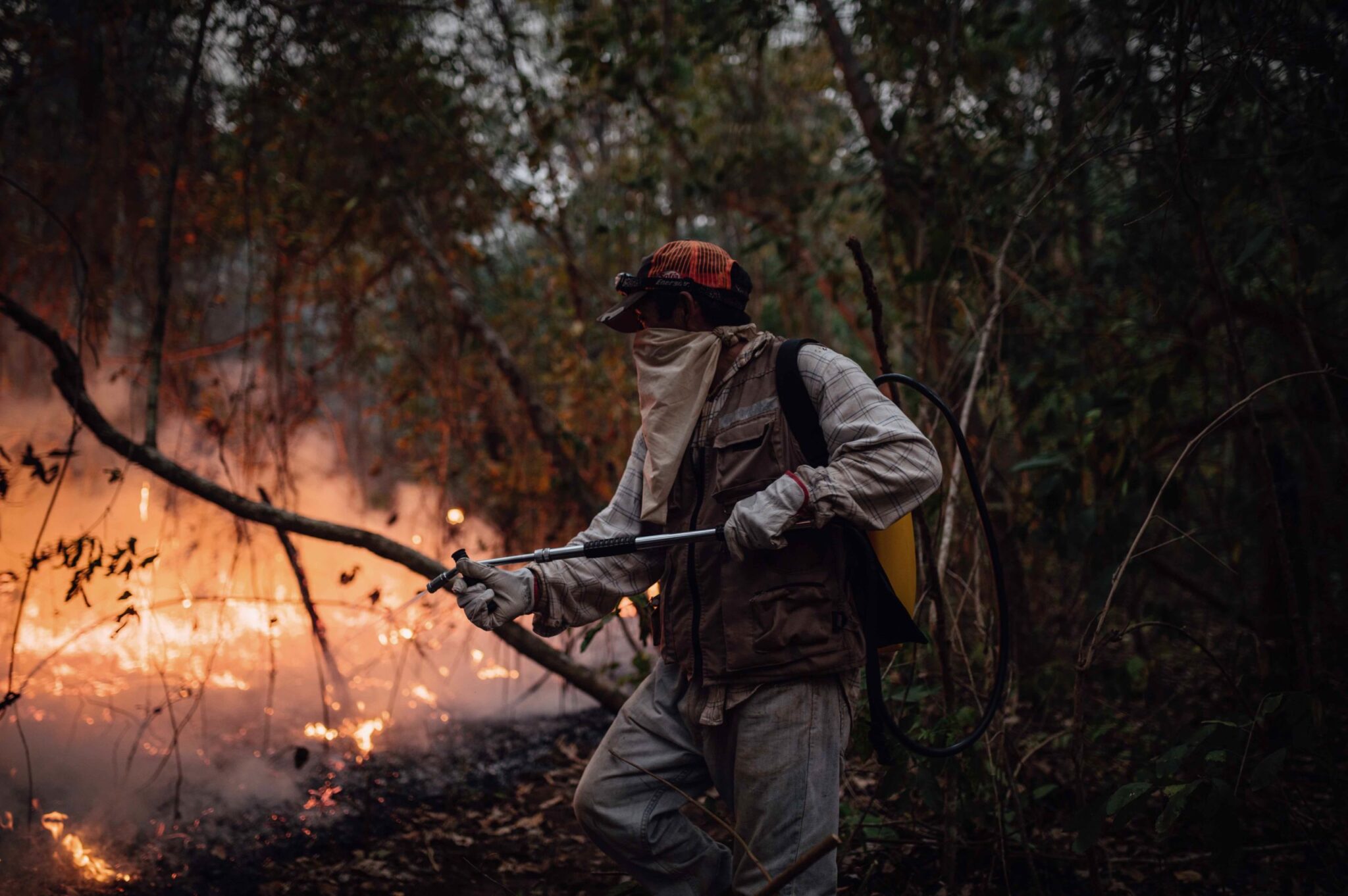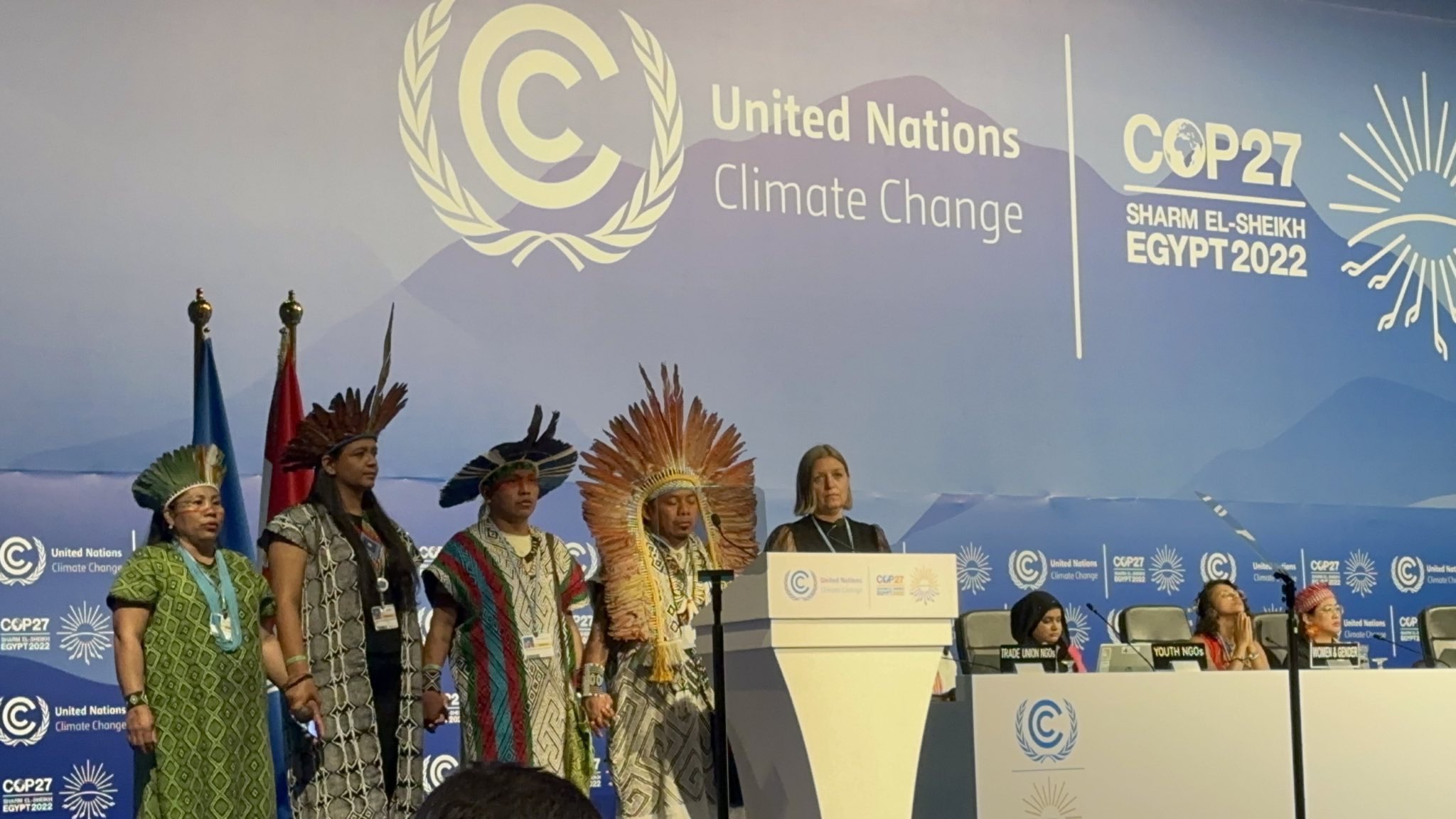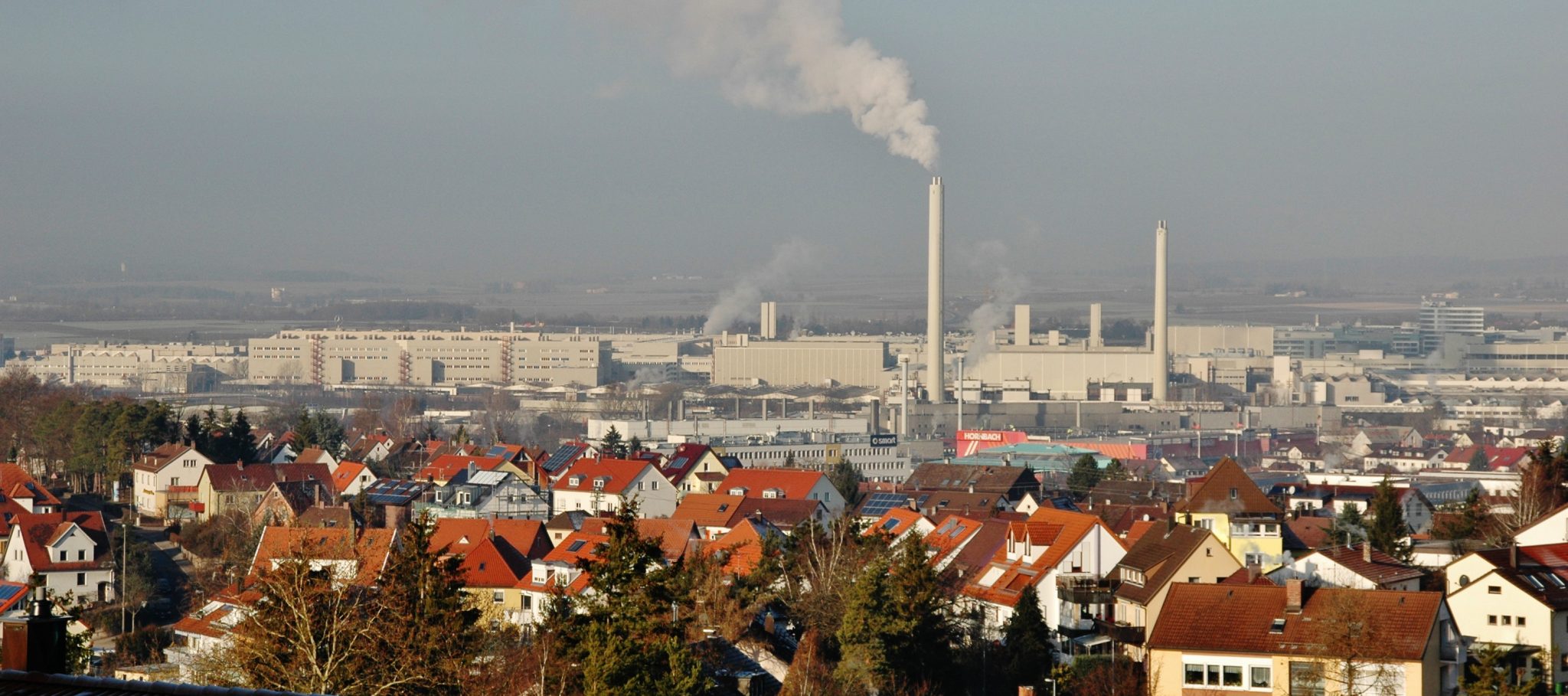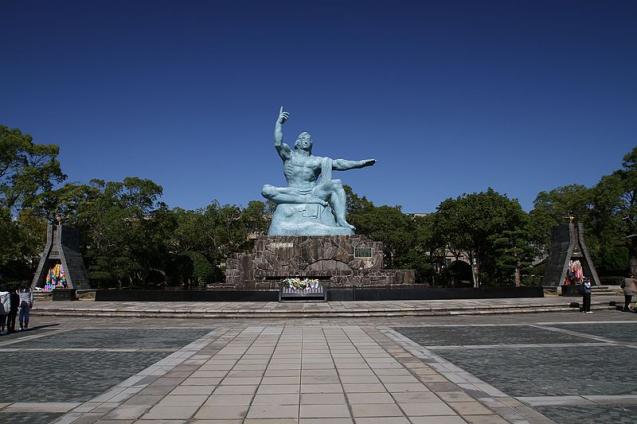
Support CounterVortex with a year-end donation!
The world faces multiple, urgent converging crises now: the war in Ukraine and relentless Russian disinformation campaign in its defense; the attendant threat of imminent nuclear war; democracy under attack from the fascist right in Europe, Asia, South America and here in North America; regimes of mass detention and genocide proliferating worldwide; countryafter country collapsing into chaotic warfare; an unprecedented global crisis of displacement; the rapid fraying of the planet’s life-support systems, and the endemic incapacity of the capitalist system to do anything about it. We are an admittedly small voice amid the online cacophony of bloggery, but we think it is a voice needed more than ever—ongoing coverage of under-reported conflicts, a critical dissident-left perspective with 0% unvetted provocation or state propaganda, a CounterVortex to the general downward spiral. We need your support to do it. Please give what you can.












